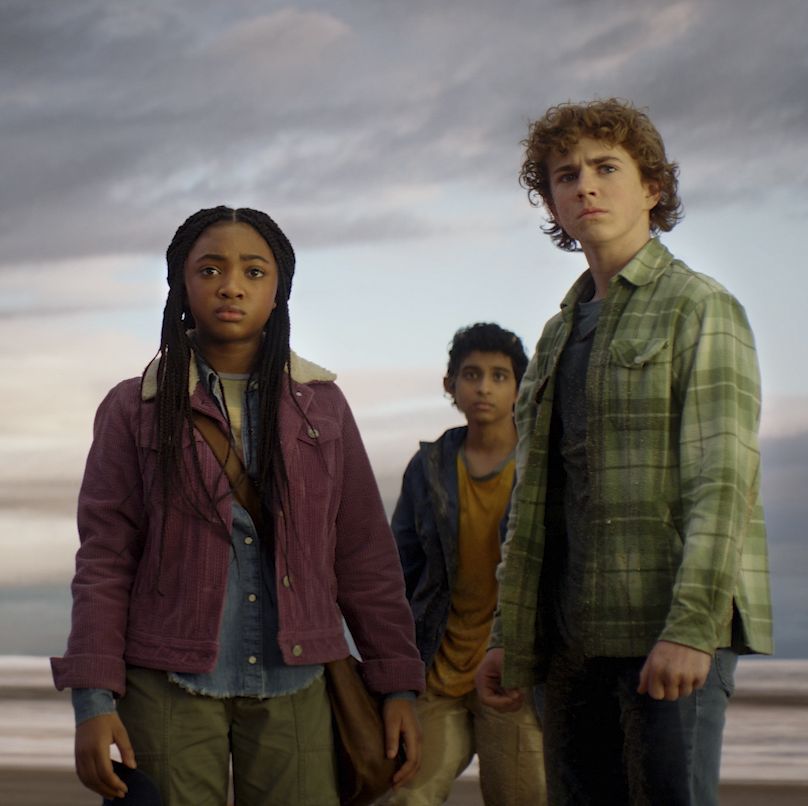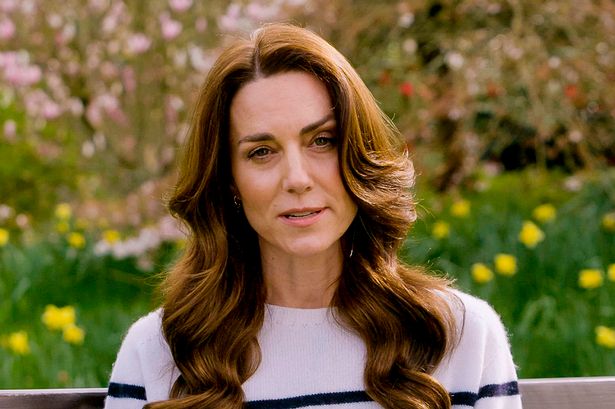What Does Overturning Roe v. Wade Mean for Other Civil Rights Cases?
May 6, 2022
On Monday, May 2, Politico, a political journalism outlet, released Supreme Court Justice Samuel Alito’s draft opinion, which, if adopted, will overturn Roe v. Wade, jeopardizing the implementation of all other Supreme Court decisions that are not implicitly protected by any constitutional provision.
Roe v. Wade is the name of the lawsuit that induced the landmark 1973 Supreme Court decision adjudicating abortion as a constitutional right in the United States. The terms of the lawsuit ultimately stated that all women have a right to an abortion during the first trimester of pregnancy. The court’s arbitration was that Texas law was unconstitutional in its ambiguity and violated the personal privacy rights endowed to all women.
Justice Alito’s proposed majority opinion, however, wages a strike on the constitutionality of the landmark 1973 opinion on abortions, thus counteracting the court’s formal judgment. According to the draft, “The inescapable conclusion is that a right to abortion is not deeply rooted in the Nation’s history and traditions. On the contrary, an unbroken tradition of prohibiting abortion on pain of criminal punishment persisted from the earliest days of the common law until 1973.”
When asked about her opinion regarding the contents of this released draft opinion, sophomore Ariana Aray said, “Roe v Wade has lasted for almost 50 years (since 1973), and the only reason they are attempting to overturn it now is to further suppress women’s rights. It won’t stop at abortion, soon women will lose access to reproductive freedoms they should have the choice to make for themselves. Also, men should not be the ones making these choices. Representation for women in political decisions is at stake as well.”
Recent speculation has prompted many to believe that the overturning of Roe v. Wade extends beyond the stifling formalities of life as a woman. If the Supreme Court rules in favor of Justice Alito’s draft opinion, it is likely that it could undermine other precedent-setting cases, including both civil rights and LGBTQ+ protections.
“We’re living in a very precarious time in the country. There’s no sort of precedent for this kind of thing – this is the first time a draft has been leaked to the public, and no one really knows what’s going to happen. What we do know is that all decisions have consequences. We need to rally behind protecting reproductive rights before any more problems arise from it,” said sophomore Jieun Paik.
Many fear that the Supreme Court will not stop at abortion rights, and they are justified in believing so. Roe v. Wade is a case that, three decades later, had been reaffirmed by a second decision, Planned Parenthood v. Casey. This is significant in that Roe v. Wade has double precedent value, meaning that if overturned, the legitimacy of other precedents, including Planned Parenthood v. Casey and Obergefell v. Hodges, a civil rights case ruling that the fundamental right to marry is guaranteed, will be entirely precarious.
The overruling of Roe v Wade is based on the affirmation that because the Constitution makes no reference to the constitutionality of abortions, no such right can be protected or enforced. If repealed, the reasoning used to administer the overturning of Roe can easily be applied to other civil rights cases that are not explicitly referred to in the Constitution.
As of right now, there is a frontal assault on a woman’s right to an abortion, but next, it may be the outlawing of same-sex marriage or restrictive access to birth control.















